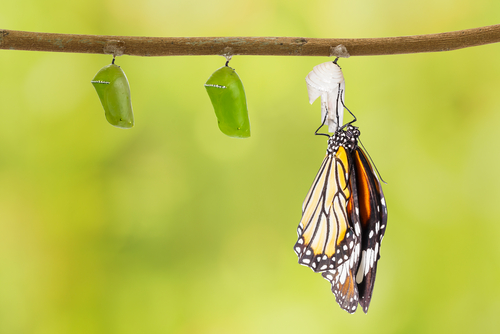“Woe to chastity that is not practiced out of love, but woe to love that excludes chastity.”
These are the words of Benoit Standaert, a Benedictine monk, and I believe they can be profitably read in our culture today where, to the detriment of everyone, the sexually active and vowed celibates alike, sexuality and chastity are generally seen as opposed to each other, as enemies.
Unfortunately, this opposition is not very well understood today, either in our culture or in our churches. In our current culture, chastity is mostly seen as a naiveté, a lack of critical sophistication, a quality you honor and protect only in children.
Indeed, within the popular culture today, chastity is often disdained and seen as a fear-based moral rigidity. Ironically many of us in our churches who are trying to defend chastity are no healthier.
We never link the chastity we defend to a spirituality that’s wholesome enough to be able to celebrate sexuality as a beautiful gift from God that’s intended to be linked to exuberance, spirituality and delight.
Sexuality and chastity aren’t enemies, as our culture and churches make them out to be. They’re different sides of the same coin. They need each other. Sexuality without chastity is invariably soulless and not respectful.
Conversely, chastity that sees itself as somehow above or divorced from sex will invariably end up in sterility, judgment and anger. Woe to either — if it doesn’t take the other seriously.
Unfortunately, with few exceptions, our churches have never grasped sexuality well, just as our culture, with even fewer exceptions, has never grasped chastity well. One searches, mostly in vain, for a Christian spirituality of sexuality that’s truly wholesome and which properly honors the wonderful gift God gave us in our sexuality.
Likewise, one searches, mostly entirely in vain, for a secular voice that grasps the importance of chastity.
When Moses was standing before the burning bush and God told him, “Put off your shoes from your feet, for the place on which you are standing is holy ground” (Exodus 3:4), God was speaking pre-eminently about how we, as humans, stand before one another inside the mystery of love and sexuality.
Sex is life-giving only if it is given and received with proper respect.
Sexuality, as we know, is more than sex. When God created the first human beings, God looked at them and said: “It is not good that the man should be alone” (Genesis 2:18). That wasn’t just true for Adam and Eve, it’s true for every human being, every living thing, and every molecule and atom in the universe.
It’s not good to be alone and sexuality is the fire within us that at every level of our being, conscious and unconscious, body and soul, drives us outward beyond our aloneness, toward family, community, friendship, companionship, procreation, co-creation, celebration, delight and consummation.
Sexuality is linked to our very instinct to continue breathing and cannot be separated from the sacredness we feel inside of us as creatures made in the image and likeness of God. And, as an energy, sexuality is sacred, never to be denigrated in the name of something higher or reduced to the casual.
Chastity, as we don’t always know, is first of all not even a sexual concept. It’s about much more. Chastity is proper respect and proper patience, not just for how we stand before sex, but for how we stand before all of life.
Chastity is not celibacy, much less frigidity. One can be celibate, but not chaste; just as one can be sexually active, and chaste.
Chastity, properly understood, is not antisexual; it strives to protect sexuality from its own excessive power by surrounding it with the needed filters, patience and respect, thus allowing the other person to be fully herself or himself, allowing us to be fully ourselves, and allowing sex to be what it was intended to be, a sacred, life-giving gift.
Annie Dillard in her book “Holy the Firm” offers an interesting image of chastity. She describes how, one day, watching a butterfly struggle to emerge from its cocoon, she gave in to impatience.
The process was fascinating but interminably slow; at a point, she took a candle and added some heat to the cocoon. The butterfly then emerged more quickly, but, because the process had not been given the necessary time and freedom to unfold on its own terms, the butterfly emerged with damaged wings.
The natural order of things had not been given its due, a fault in chastity, an ill-advised impatience, a prematurity that causes a limp in nature.
Sexuality and chastity need each other. Sexuality brings the energy, the longing, the fire and the urgency that keep us aware, consciously and unconsciously, that it’s not good to be alone. If we shut that off, we become sterile and angry.
Chastity, on the other hand, tells us that, in that process of seeking union with all that’s beyond us, we must have enough patience and respect to let the other fully be other and ourselves be fully ourselves.

